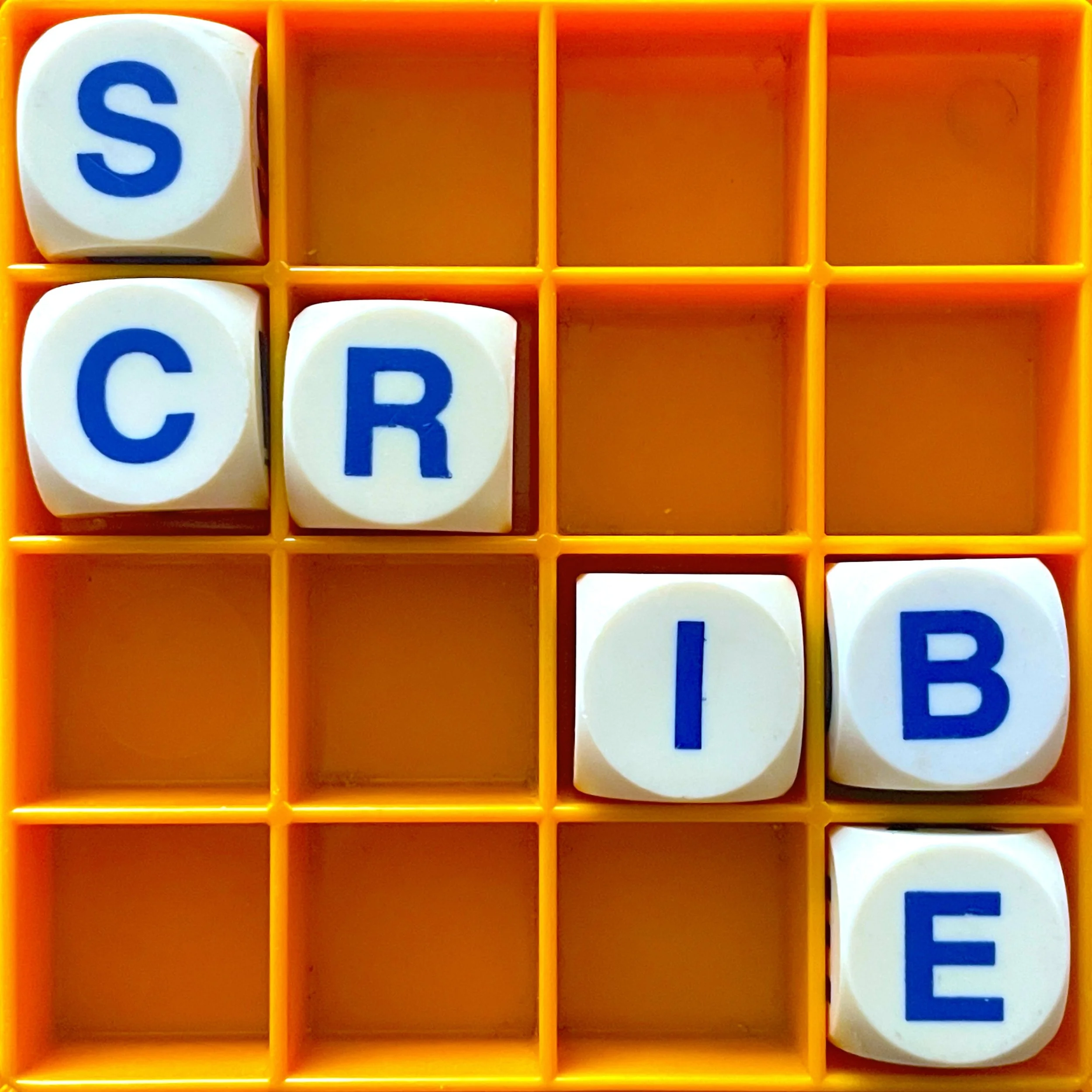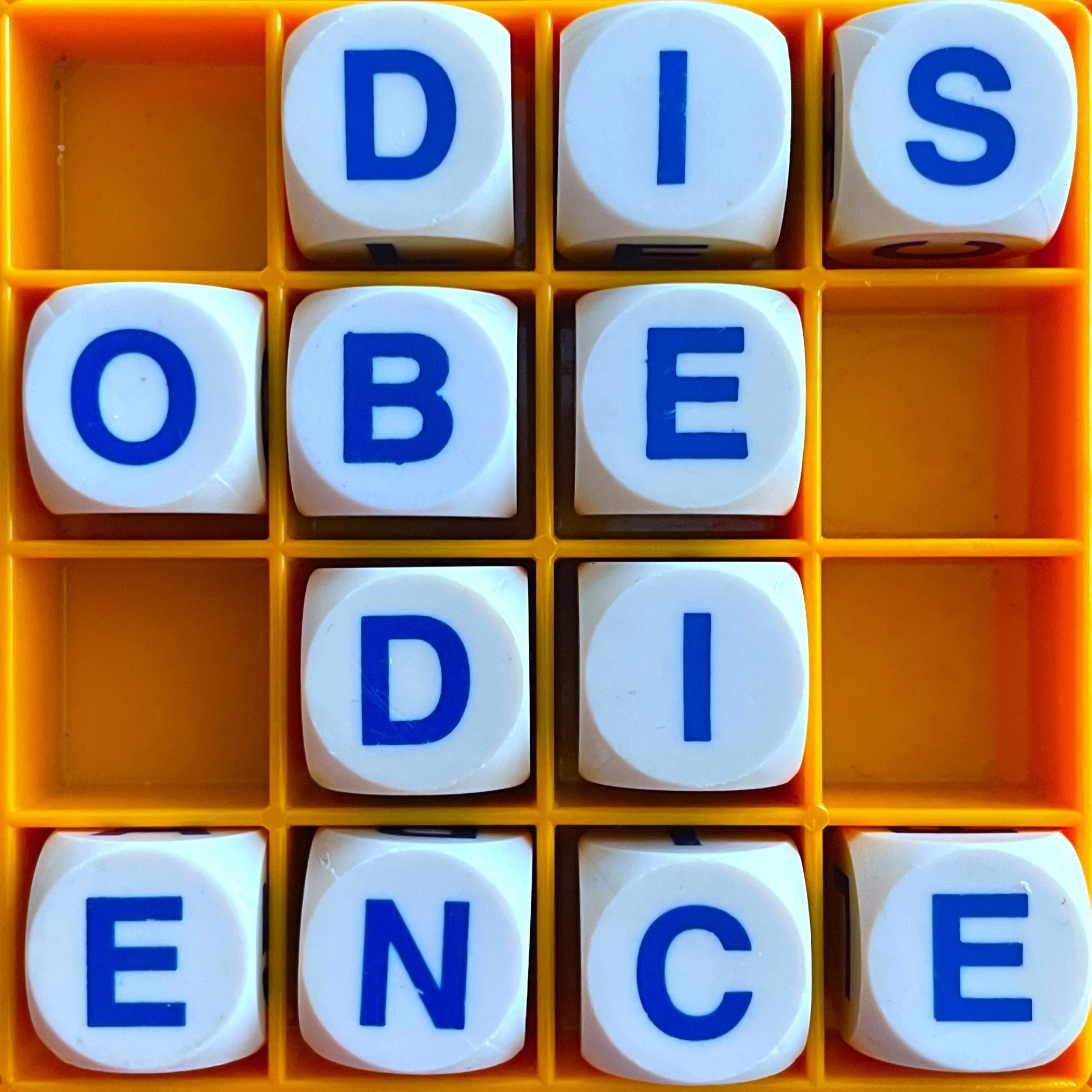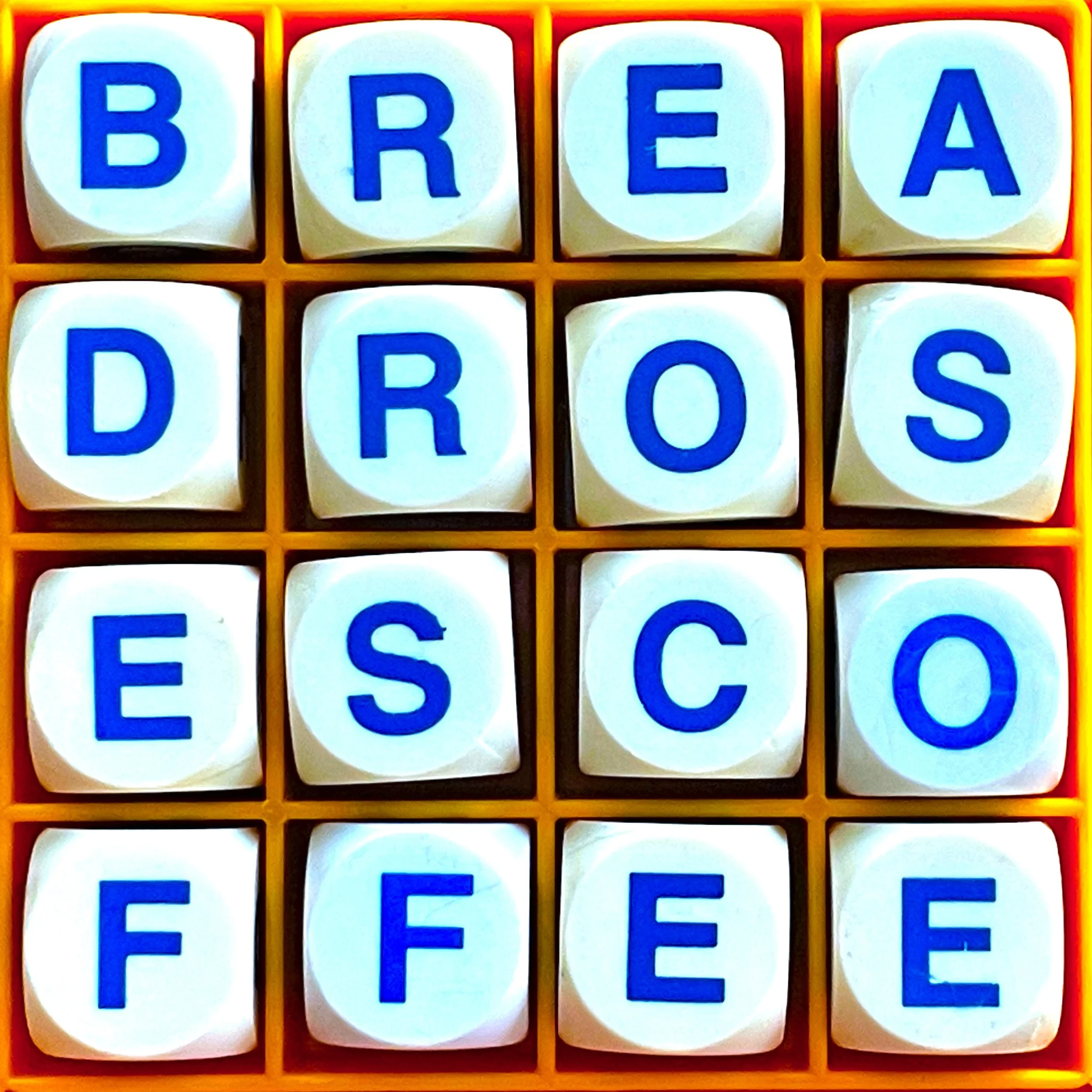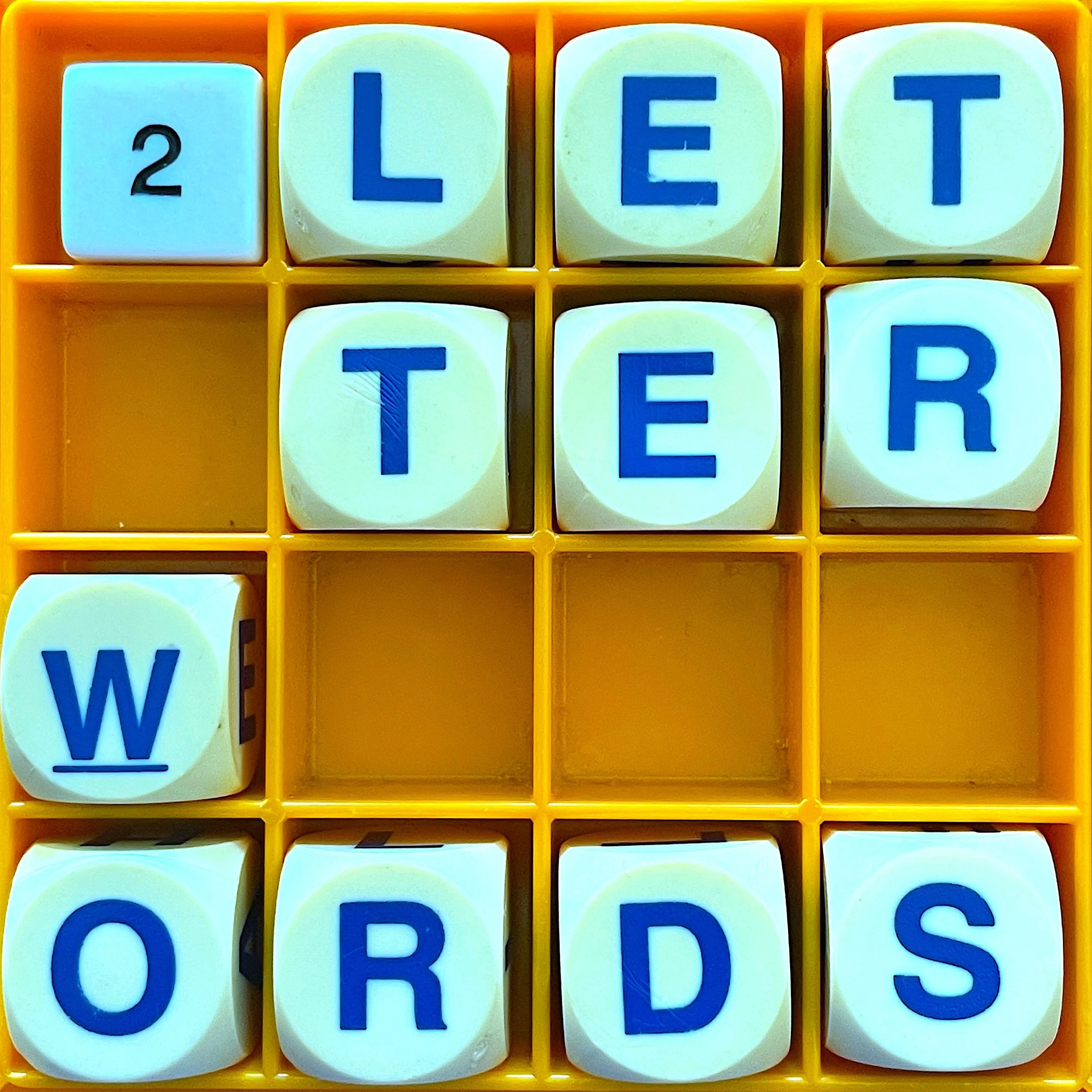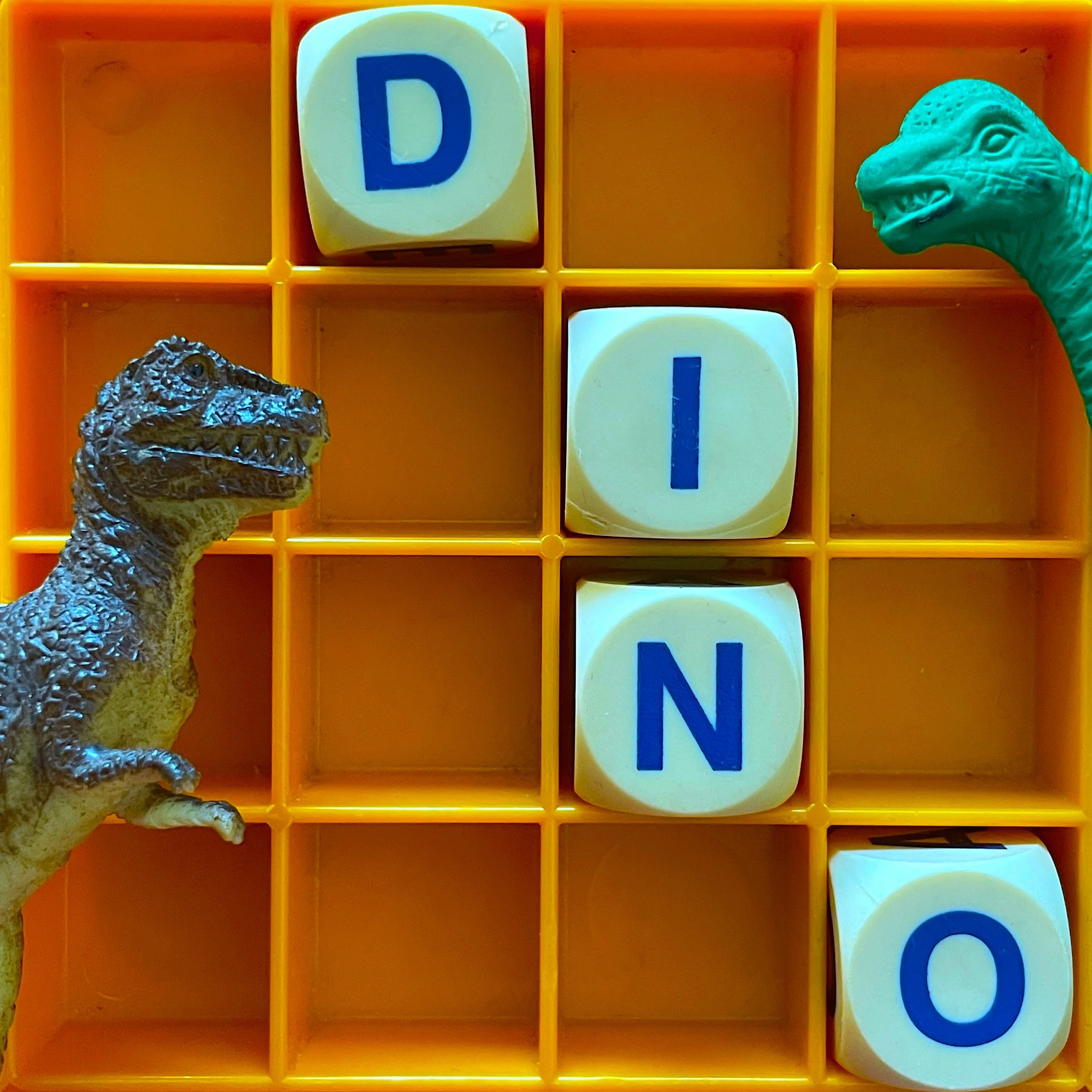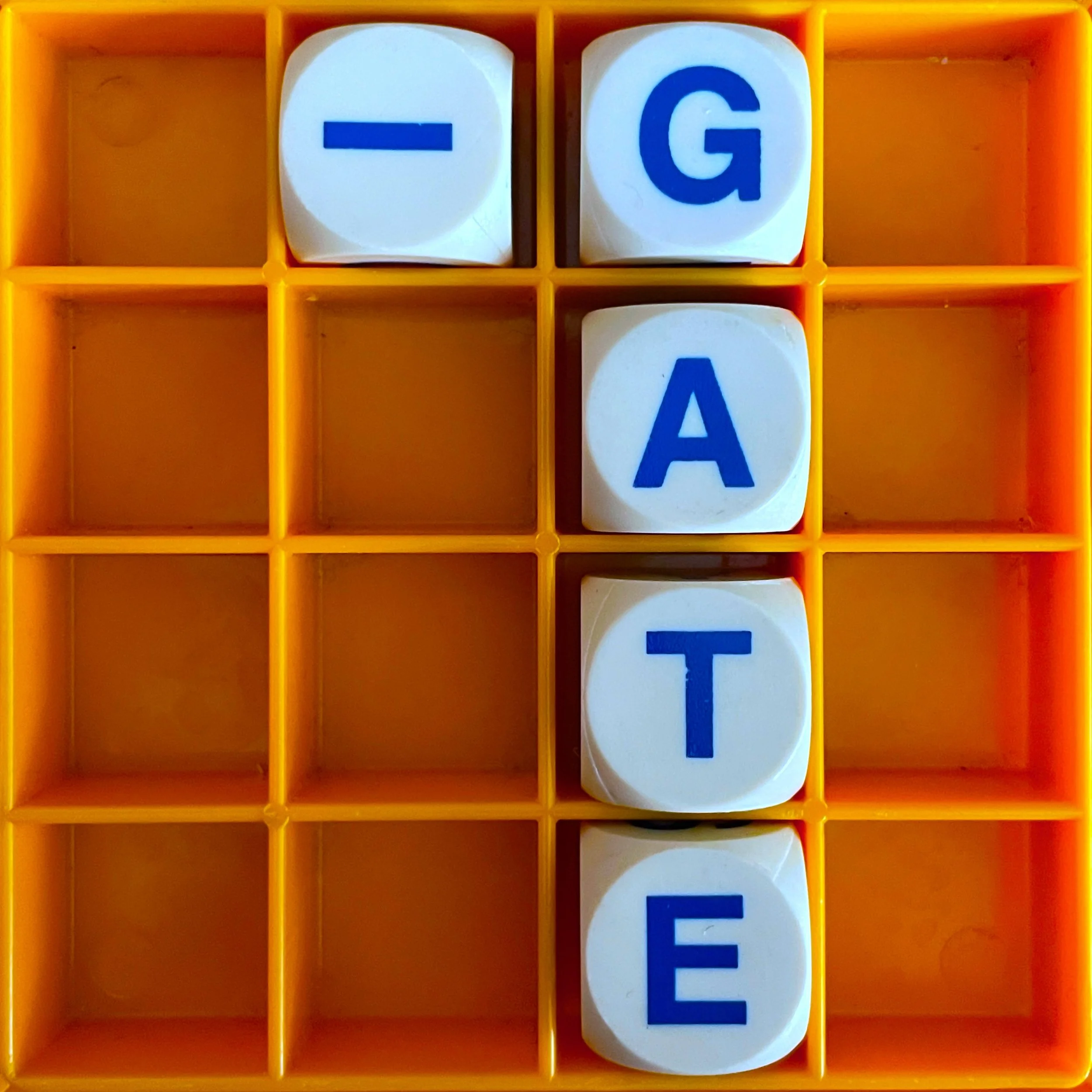It said:
The ban on Scunthorpe and that four-letter word was discovered by retired steelworks mill controller Doug Blackie of Cole Street when he applied to join AOL UK.
Each time he typed in the address Scunthorpe on his application he was met with the stock reply: "Your account cannot be processed any further.
Doug Blackie said:
"So then I typed in my address as Frodingham and bingo the block was lifted."
AOL had only been going in the UK for three months at this time, maybe it hadn’t been faced with the profanisaurus of British placenames yet, and the company recommended people respell Scunthorpe as ‘Sconthorpe’ while they worked on fixing the problem. But this was merely the beginning of Scunthorpe’s online troubles: well into the 21st century, safesearch filters blocked the websites thisisscunthorpe.co.uk and scunthorpedistrictcatsprotection.co.uk, getting overprotective there.
Now, like Elle Woods, I have questions.
Why Scunthorpe? How did this happen? How did Scunthorpe get this name that makes it a punchline and a tech problem?
Scunthorpe is an old old place name: we know this because of the Domesday Book, which as a name sounds dramatic but the Domesday Book wasn’t actually apocalyptic, it was the record of a huge survey done in the year 1086, the king sent men out across most of England and Wales to record who held what land, and what the worth was of each piece of land and the work thereon, to make sure they paid taxes and land rents to the landowners and the king got his. Sometimes the taxes were paid in the form of what the land produced, like honey, oats, salmon, pigs, beer and eels.
Whatever happened to eel-based economics, eh? Too slippery? At the time of the Domesday book, people using eels to pay taxes and land rents were collectively paying, per year, more than 500,000 eels.
WHAT ARE THE LANDLORDS DOING WITH ALL THOSE EELS? We must be told!! And this went on for another 500 years! Maybe that was the point at which the king realised that eel money is inconvenient. It keeps slithering out of my wallet.” Idea for keeping rents down: paying in eels. “Are you raising my rent this year?” Landlord: “NO! Pay me less rent, less rent! I’m drowning here!”
Anyway, the Domesday Book is this incredible record of 268,984 households all the way back in 1086 and a lot of place names that had originated from these people’s names are still in use today. One such place name being Scunthorpe. In the Domesday Book it was written as Escumetorp. The ‘e’ at the beginning was what is known in linguistics as a ‘prosthetic E’, didn’t change the meaning, just made a consonant cluster easier for people to say if the word was a foreign import to them and they were used to a bit more vowel, as the Normans would have been then.
The middle part of Escumetorp is Skuma, which was the name of the man who was the head of the household operating on that patch of land. ‘Torp’ or ‘thorpe’ was an Old Norse word meaning hamlet or homestead or estate, so Escumetorp meant ‘Skuma’s estate’, the Domesday book was documenting that Skuma owned that land.
So the part of the word ‘Scunthorpe’ that caused all these problems 900 years later is Skuma’s name. And if Skuma was around now, I would love to ask him: “What do you make of all this?”
[Martin Austwick sings:]
I was just some guy, not an important man.
My name’s in the book ‘cause I owned a piece of land.
There’s a town there now, and the town is wreathed in shame,
But it did nothing wrong
Except it bears my name.
It’s not my fault,
Who could predict this?
Nine hundred years,
And I start causing glitches.
It’s not my fault,
I didn’t plan it.
It’s just a name,
Like James or Jeff or Janet.
It’s just a name
Like James or Jeff or Janet.
HZ: In my non-scientific opinion, in British English, ‘ass’ is not a rude word. And we’d more likely say ‘arse’ anyway, spelled A R S E, and arse probably wouldn’t be asterisked or bleeped out - the words Arsenal and arsenic tend to survive intact. The word has a long history out in the open. In Old English, the medlar fruit was called openærs, as in ‘open arse’, because of what it looked like. Bowel movements were known as ‘arse-goings’. Medieval toilet paper was called ‘arse-wisp’.
Meanwhile, historically ‘ass’, A S S, had since ancient times referred to a donkey. In 15th century English, a donkey driver was called an ‘ass man’, how things change, there’s a little piece of information to file away for whenever you need evidence to contradict someone who insists language is set in stone. In the 16th century, ass gave us the word ‘easel’, because an ass bears loads.
‘Arse’ and ‘ass’ don’t share etymology, they’re both from unrelated ancient words that respectively meant bum and donkey, but the similar pronunciation brought them together in people’s brains, like how I now have to remind myself which one is right, home in or hone in. (It’s ‘home’.)
And 250ish years ago, polite speakers started calling the animal ‘donkey’ instead of ‘ass’, to be safe. A female donkey had been a she-ass, now rebranded as a jenny or jennet.
If you want an idea of changing mores around this sort of language, there’s a play from 1684, by the Earl of Rochester, called Sodom. You can probably tell from that title that it is an intentionally provocative and saucy play, and it was probably a satire on King Charles II’s religious policies.
But in it, there are dozens of uncensored instances of the word ‘cunt’, and there are characters named Fuckadilla, Clytoris (with a Y), Bolloxinion, Cuntioratia, and Cunticula. Whereas the word they did blank out was ‘Almighty’. Because what is offensive changes a lot over time.
Anyway, like Elle Woods, sharpest mind in the Delta Nu sorority, I have questions. Why Scunthorpe? Because none of this is related to Scunthorpe, there’s no reason for Scunthorpe to contain the cunt-word at all.
In the Domesday book, Skuma’s homestead was written as Escumetorp, and in the centuries thereafter while spellings were unfixed, there were several variations such as Scumpthorpe, with a P, Scumthorpe, Sconthorpe with an O, Scomthorpe with an O M, and Skunthorpe with a K.
Lots of better options! Although the scum ones would bring their own problems - however, plenty of choices that would be no trouble.
Spam filters would have no quarrel with Scunthorpe if someone had just taken the AOL executive’s suggestion a few hundred years earlier to go with another spelling - Sconthorpe with an O, or if they really wanted the Scunthorpe sound without the inconvenience, spell it with a K.
Which would be fitting, because Skuma was spelled with a K. Skuma didn’t have a rude word for a name.
[Martin Austwick sings":]
It wasn’t rude
Way back in history.
Nobody had
To asterisk me
It wasn’t rude,
No funny business.
It’s just a name
Like Fanny, Rod or Dick is.
It’s just a name
Like Fanny, Rod or Dick is.
HZ: Now, like Elle Woods, most astute law student interning on a murder trial, I have questions. Why Scunthorpe?
The town we now know as Scunthorpe grew out of five villages: Ashby, Brumby, Crosby, Frodingham and Scunthorpe. all of which were in the Domesday book, Brumby was the land of a man called Bruni. Frodingham was another guy, Frod. There’s also the neighbourhood of Yaddlethorpe, named after Eadwulf, a name that deserves to make a comeback.
For a long time, Scunthorpe was just part of the district of Frodingham, and all these villages were pretty small, until iron ore was discovered in the area in 1859, whereupon the population swelled with people coming to work in the mines, and the villages became a town. Scunthorpe had become the biggest village, so that name got applied to the whole town.
[Martin Austwick sings:]
The town could have taken someone else’s name.
Like my neighbour Frod,
Or Bruní down the lane
Eadwulf - he was a lovely dude,
Use his name instead, then it’s not remotely rude.
I didn’t think that I’d go down in history,
My children died, grandchildren died, who’s there to miss me?
You can’t control how things will go
when your life’s ended.
I didn’t know
This is how I’d be remembered.
You never know
Just how you’ll be remembered.
You never know
How you’ll be remembered.
HZ: All this was inspired by that Legally Blonde watchalong with the Allusioverse community, so if you fancy some of that serendipity like communally being wowed by examples of the Scunthorpe Problem - which I think have been fixed now when I went back to check - then join by donating as little as $2 a month via theallusionist.org/donate. In return you also get the company of your Allusionauts, regular livestreams where I read relaxingly from my collection of unusual dictionaries, inside scoops about the making of every episode, last month a bonus livestream with my other podcast Answer Me This, and most rewarding of all, you’re funding the making of this show, which makes you A Patron of the Arts and a Generous Benefactor, whichever you prefer. Pretty cool! To become such, go to theallusionist.org/donate.
Coming up on the show, it’s words with a different number of letters season.
